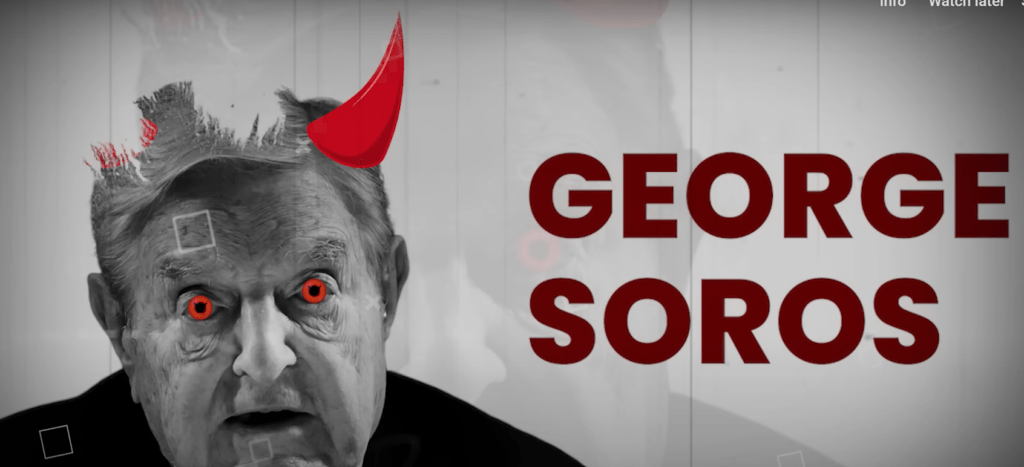
The Securities and Exchange Board of India (SEBI) recently introduced new regulations regarding short selling and securities lending and borrowing. Here’s a breakdown of the key points and their potential impacts:
Table of Contents
Short Selling Framework:
SEBI permits investors across all categories to engage in short selling.
Naked short selling, where an investor sells short without having already borrowed or located the shares or securities to be sold, is not allowed.

Institutional Investors and Day Trading:
Institutional investors are prohibited from day trading or squaring off their transactions intra-day.
Eligibility of Stocks:
All stocks that trade in the futures and options (F&O) segment are eligible for short selling.
Obligation of Delivering Securities:
All investors are required to mandatorily honor their obligation of delivering the securities at the time of settlement.
SEBI’s Review Mechanism:
SEBI may review the list of stocks eligible for short selling periodically.
Supreme Court Directive:
The move comes in response to a directive from the Supreme Court following allegations of market rule breaches by the Adani Group in a report by US short seller Hindenburg Research.
Securities Lending & Borrowing Scheme (SLBM):
SEBI introduces a full-fledged SLBM, to be simultaneous with the introduction of short-selling by institutional investors.
Disclosure Requirements:
Institutional investors have to confirm and inform upfront if the trade is a short sale.
Retail investors can make necessary disclosures by the end of the trading hours.
Broker Responsibilities:
Brokers are mandated to collect scrip-wise short sell positions and upload them on exchanges before the next trading day.
Stock exchanges are required to consolidate and disseminate this information on a weekly basis.

Potential Impacts:
- While the move aims to curb market manipulation and enhance price discovery, concerns are raised about its potential impact on market efficiency.
- Limiting short selling, especially naked shorting, may impede liquidity, particularly in smaller stocks, potentially affecting market responsiveness to fundamental shifts.
- SEBI’s rationale includes recent volatile episodes, possibly exacerbated by manipulative short selling, and concerns for retail investor protection due to the complexity of short selling.
- Ongoing monitoring and a data-driven approach, with periodic reviews and adjustments, are crucial to ensuring a balanced approach between stability and dynamism in the market.
In summary, the new SEBI regulations aim to strike a balance between curbing manipulation and maintaining market efficiency. The impact on liquidity and market dynamics will be closely observed, with a focus on ensuring investor protection and a healthy market environment.

Detailed Explanation:
SEBI, the market regulator in India, has introduced sweeping regulations aimed at enhancing market integrity and investor protection. Notably, institutional investors are now barred from engaging in day trading or intra-day square-offs. Additionally, the practice of short selling, selling a stock not owned at the time of trade, has been defined clearly, with eligibility extending to all stocks in the futures and options (F&O) segment. However, SEBI strictly prohibits naked short selling, aligning with international risk management standards.
These regulatory changes follow a directive from the Supreme Court, triggered by allegations against the Adani Group by US short seller Hindenburg Research. SEBI is actively investigating these allegations, emphasizing the need for thorough examination of potential market rule breaches.
The regulations also introduce a comprehensive Securities Lending & Borrowing Scheme (SLBM), concurrently with the initiation of short-selling by institutional investors. Brokers face tightened disclosure rules, mandating the collection and dissemination of scrip-wise short sell positions, contributing to a more transparent trading environment.
However, concerns have been raised about the potential impact on market efficiency, with limitations on short selling potentially impeding liquidity, especially in smaller stocks. Striking a balance between curbing manipulation and maintaining market dynamism will necessitate ongoing monitoring and periodic adjustments.

Naked short selling” refers to the practice of selling a financial instrument, such as stocks, without actually owning or borrowing it. This can create problems in the financial markets, as it can lead to excessive speculation and potential manipulation. Naked short selling can contribute to market volatility and undermine the normal functioning of the stock market.
Regulators and exchanges typically have rules and regulations in place to prevent naked short selling. For example, many securities regulators require that short sellers must first borrow the securities they intend to sell short, ensuring that they have a genuine economic interest in the transaction. This helps prevent the creation of an excessive number of shares in the market and reduces the risk of market manipulation.
It’s important to note that rules and regulations can vary by country and exchange. In some jurisdictions, naked short selling may be explicitly prohibited, while in others, there may be specific rules governing its practice.
Overall, the prohibition or regulation of naked short selling aims to maintain the integrity and stability of financial markets by ensuring that trading is conducted in a fair and transparent manner.
1 thought on “SEBI Cracks Down on Naked Shorting, Slams the Brakes on Institutional Day Trading 2024”